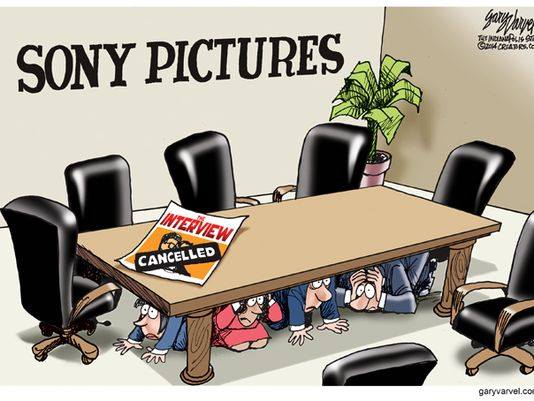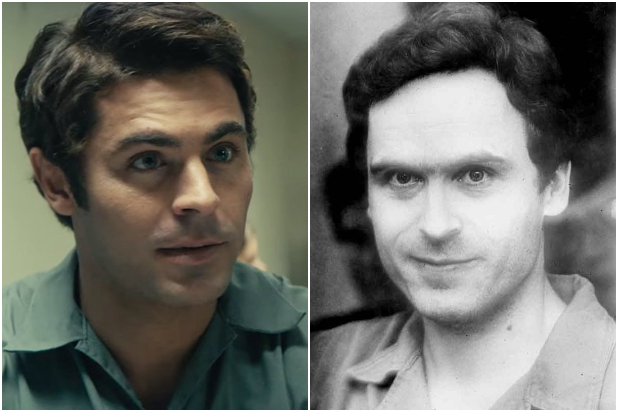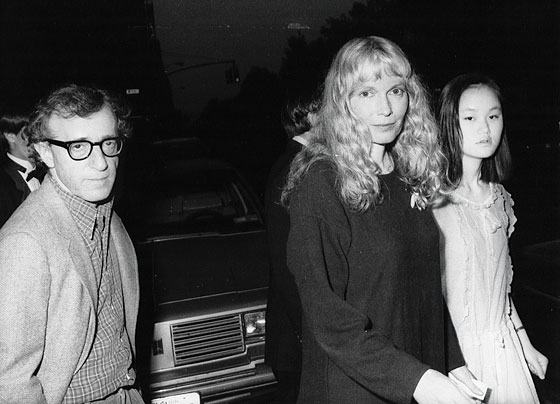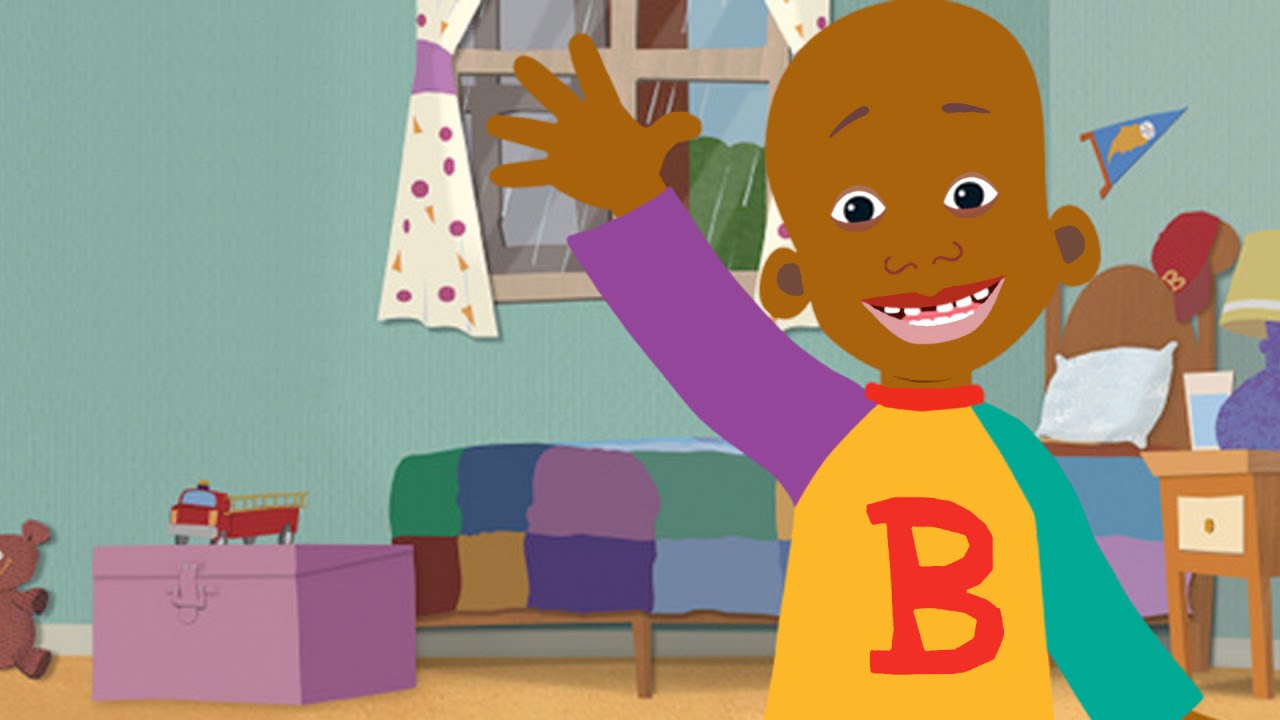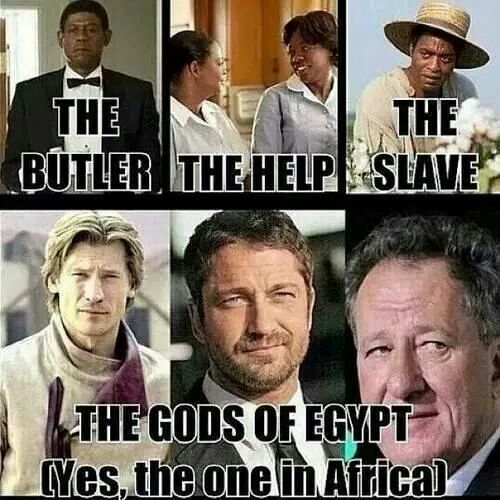
Do we have a responsibility to correct the past or is it irresponsible to think we should? This is the question that I’ve pondered since seeing “Roman Holiday” for the first time earlier this year. During the pandemic, my family developed a new favorite pastime of exploring all the old Hollywood classics we had never seen: “Notorious”, “Spellbound”, “Touch of Evil”, “Charade”, and, as you can probably guess, “Roman Holiday”. “Roman Holiday” immediately became a shared favorite amongst my family. After taking the time to sit down and watch it together, my parents rushed off to sleep while I remained awake to explore all the featurettes included on our borrowed DVD copy in an effort to learn more about the film. This is how I discovered that the movie we had watched was not in fact the original “Roman Holiday”.
The movie didn’t include any new scenes. It hadn’t been re-edited or colorized for modern audiences, yet there was one major difference made during the restoration of the film that most viewers would never even notice watching this new version. This key change appears during the credits at the opening of the movie where you will see a screenwriting credit given to one Dalton Trumbo. Dalton Trumbo was originally uncredited on the film despite being the original screenwriter. You see, Trumbo was one of the many Hollywood professionals blacklisted during the 1950s. His authorship of “Roman Holiday” was instead credited to his friend Ian McLellan, which can be seen in the original credits of the film, and it was McLellan who would go on to accept the film’s Oscar for Best Writing. But with the new version of the film, both Trumbo’s and McLellan’s names can be seen in the film’s opening credits. A well-deserved correction of a tragic art crime.

The McCarthy era practice of blacklisting will remain a regretful memory haunting Hollywood’s past for a long time to come. Many promising careers were ended and many lives were ruined in the communist witch hunt of the Cold War. Nevertheless, Dalton Trumbo managed to maintain a respectable screenwriting career in the face of this adversity and I think it would be hard to argue that he doesn’t deserve every bit of credit for his contributions to American cinema. What I find interesting, however, is that in pursuit of justice for Trumbo, history itself was essentially changed. The past is an intangible thing that is in constant flux. What the past really is will always be inconsequential to the way we perceive it. It has been said that the past cannot be changed, but it can, as long as you are able to change people’s perception of it. As soon as Trumbo’s name was added to the credits of “Roman Holiday”, our perception of history changed.
This fact becomes increasingly frightening in our contemporary world. Every day, we engage in a constant battle over our own reality. We must question whether our news is fact or fiction, whether our country’s history is triumphant or shameful, and whether our idols are inspiring or unforgivable. What we decide determines what reality we live in and what history we remember. This is why it is so important that we try our best to maintain a perception of the past that does not attempt to bury the mistakes that dwell within it. If we choose to ignore the dark corners of history, we will fail to learn from them. And for justice’s sake, it is our responsibility to remember the forgotten heroes that the past tried to hide, lest we forget their contributions to the present.
Dalton Trumbo wrote “Roman Holiday”, but for nearly 50 years, the world existed in a reality where that wasn’t true. Now reality has been corrected and we have even been provided a primary document in the form of this DVD restoration to prove it. I am glad that I can see Trumbo’s name appear at the beginning of “Roman Holiday” and I am bewildered by our ability to make that possible. I think it is important that his name is there, but what I think is even more important is that we remember that there was a time when it wasn’t.

